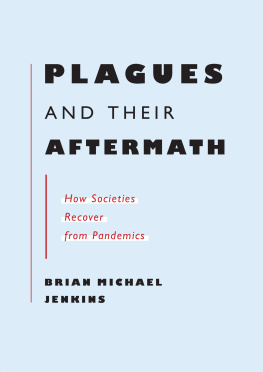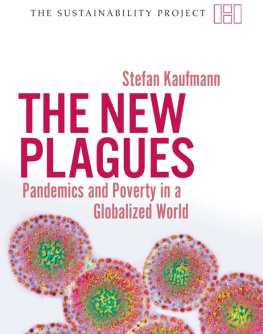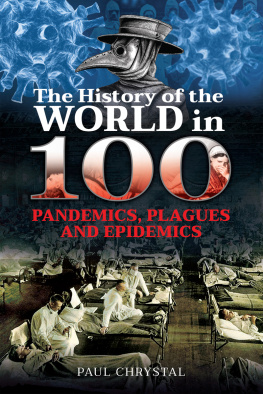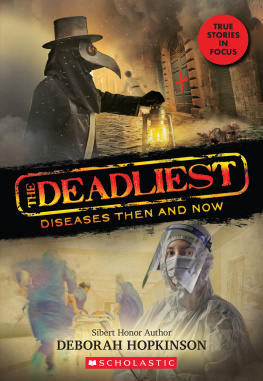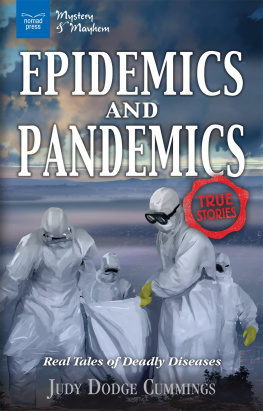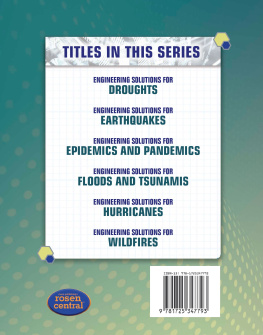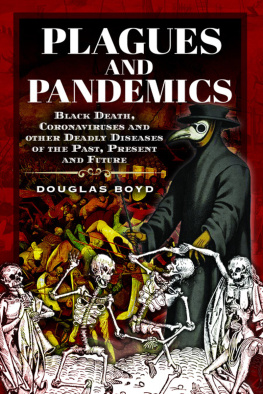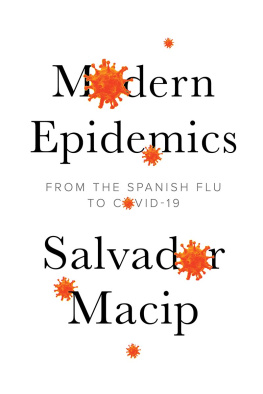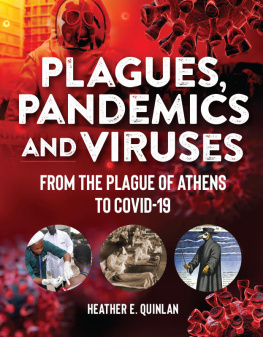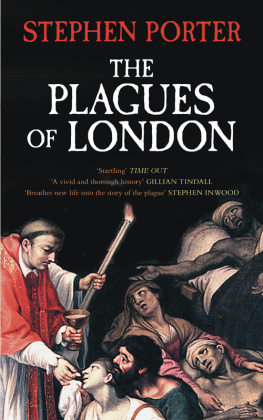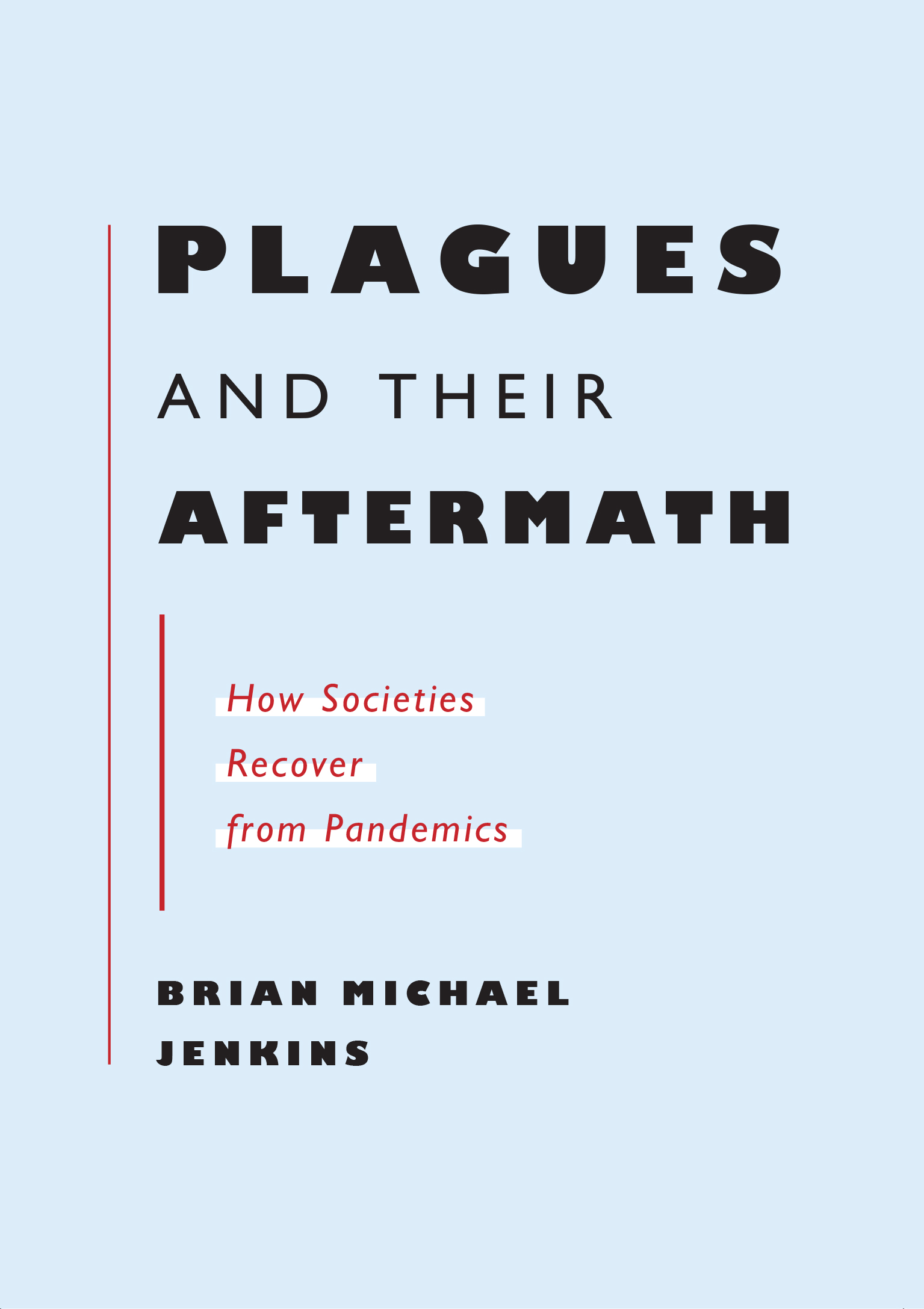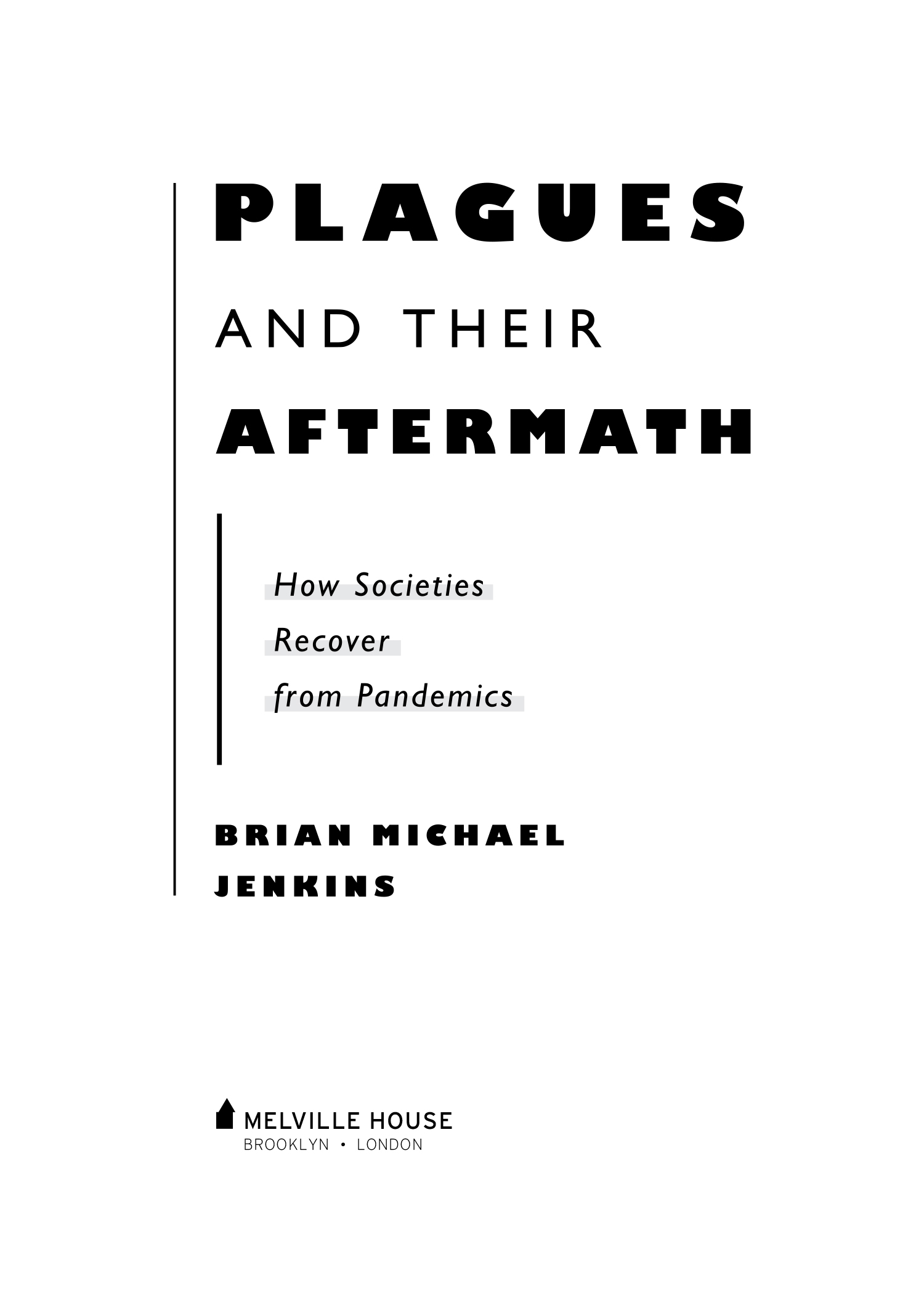Brian Michael Jenkins - Plagues and Their Aftermath: How Societies Recover from Pandemics
Here you can read online Brian Michael Jenkins - Plagues and Their Aftermath: How Societies Recover from Pandemics full text of the book (entire story) in english for free. Download pdf and epub, get meaning, cover and reviews about this ebook. year: 2022, publisher: Melville House, genre: Politics. Description of the work, (preface) as well as reviews are available. Best literature library LitArk.com created for fans of good reading and offers a wide selection of genres:
Romance novel
Science fiction
Adventure
Detective
Science
History
Home and family
Prose
Art
Politics
Computer
Non-fiction
Religion
Business
Children
Humor
Choose a favorite category and find really read worthwhile books. Enjoy immersion in the world of imagination, feel the emotions of the characters or learn something new for yourself, make an fascinating discovery.
- Book:Plagues and Their Aftermath: How Societies Recover from Pandemics
- Author:
- Publisher:Melville House
- Genre:
- Year:2022
- Rating:4 / 5
- Favourites:Add to favourites
- Your mark:
Plagues and Their Aftermath: How Societies Recover from Pandemics: summary, description and annotation
We offer to read an annotation, description, summary or preface (depends on what the author of the book "Plagues and Their Aftermath: How Societies Recover from Pandemics" wrote himself). If you haven't found the necessary information about the book — write in the comments, we will try to find it.
In a concise, authoritative, and gripping telling, Brian Michael Jenkins one of our leading authorities on national security and an advisor to governments, presidents and CEOs provides a masterly account of what kind of future the planet might be facing ... by looking at the worlds long history of epidemics and discerning what was common about their aftermath.
From a plague in Athens during the Peloponnesian War in 430 BCE, to another in 540 that wiped out half the population of the Roman empire, down through the Black Death in the Middle Ages and on through the 1918 flu epidemic (which killed between 50 and 100 million people) and this centurys deadly SARS outbreak, plagues have been a much more relentless fact of life than many realize.
The legacy of epidemics, Jenkins observes, is not only one of lives lost but of devastated economies and social disorder, all of which have severe political repercussions.
Thus, each chapter of Plagues and Their Aftermath draws on those historical precursors to focus on one particular aspect of their aftermath: What happens to political systems? What happens in the area of crime and terrorism? Do wars happen? What are the effects on cultures? What was the impact of widespread fear and public hysteria, of increased suspicion and scapegoating, of the spread of rumors and conspiracy theories?
Jenkins sobering analysis is riveting and thought-provoking reading for general readers and specialists alike, and throws welcome light into what many fear is a dark future.
Brian Michael Jenkins: author's other books
Who wrote Plagues and Their Aftermath: How Societies Recover from Pandemics? Find out the surname, the name of the author of the book and a list of all author's works by series.

